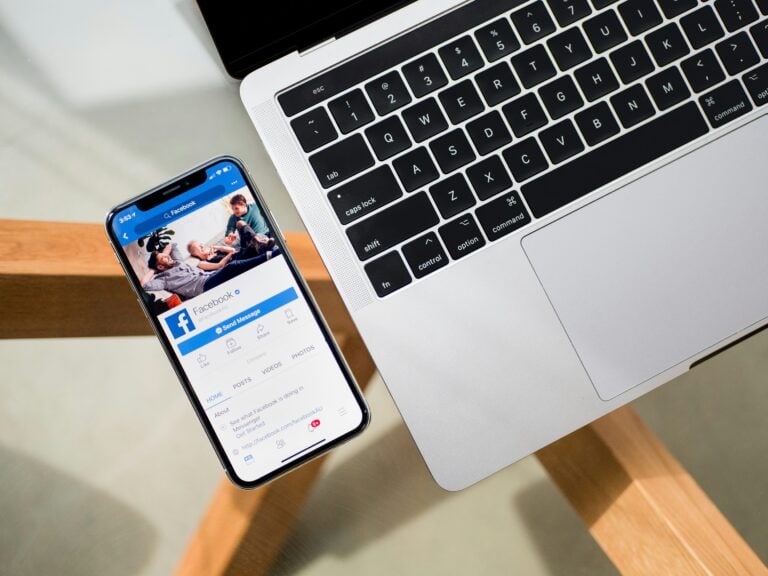There’s a raft of networking tips out there, and they fall into three main principles that you can use straight away. Find out why social media and meaningful relationships are the beating heart of your networking strategy, and how you can reach out to people who inspire you.
3 tips to building a professional network
1. Build trust: think of it as a bank that gives you extra (not that one)
We’ve all heard the phrase ‘without trust, there is no relationship’. Consultant Angela Weinberger dove a bit deeper when she recently wrote about ‘trust accounts’, which form the basis for healthy long-term professional relationships.
Like a bank, you grant other people trust, and they earn it in us – and in less than the time it takes to build that up, trust can be broken and the ‘trust account’ is closed. Although she writes from a German/Swiss-German perspective, that’s something most of us can agree on.
The strategies Weinberger outlines can be summarised as: be genuine, be trustworthy, be kind, and have your boundaries clearly defined.
When it comes to social media, she warns against accepting any old connection requests. Don’t be afraid to deny connection requests from strangers who don’t make clear why they want to be connected to you. Also, don’t be that random person!
2. Don’t email when you could tweet, or tweet when you could meet
Social media can be a minefield, but it’s all about making connections easy, according to Dan Klamm and Alana Edmunds. As Outreach & Marketing Coordinator at Syracuse University, and IT Project Manager and Social Strategist for Recruiting & Staffing at GE Energy respectively, they’re well placed to know their stuff.
The key, they say, is respecting how different each platform is and how they’re used – your Twitters, LinkedIns, Facebooks, Snapchats – even if you know the same people across them all: “… LinkedIn is generally a business site, while Twitter is more ‘laid back’ and often mixes professional and personal content… Adding a professional acquaintance as a friend on Facebook can be invasive [and] asking an old friend for a recommendation on LinkedIn might create awkwardness if the person has no [professional] experience with you.”
It’s worth mentioning that you should ask, if it’s not clear, what your contact’s preferred mode of communication is. Email, Twitter DM, or pop round the corner for a coffee when you’re both free? We all feel valued when someone meets us where we are.
In every communication, be direct and specific about what you need and want – do you need advice about a specific issue? Insider knowledge from someone who works for a company you’d love to join? Avoid ‘round robins’ if you can help it, too – tailor your approach, and tailor your message to match the individual.
Getting the best from your network means giving your best to it. “Whether it’s responding to a few questions, retweeting a link to your blog post, or even connecting you with one of their friends – it’s always appropriate to express your gratitude. It’s especially important to follow up after someone has provided advice. People like to feel helpful, so let them know if their advice was useful for you.”
3. Be the host with the most – just find the right style for you
Marketing strategist, author and university lecturer Dorie Clark offers a range of suggestions in a recent Forbes article, ‘The Professional’s Guide to Networking’, which underline the importance of building meaningful connections.
She cites techniques from ‘Never Eat Alone’, written by business consultant Keith Ferrazzi; whether you’re a social butterfly or more of an introvert, there are ways to make networking feel painless.
For instance, a dinner party is an easy way to mingle with a mix of people you’re familiar with, and want to get to know better, without feeling overwhelmed. But don’t play it too safe: Clark and Weinberger advice pushing beyond your comfort zone and inviting people you regard as your superior.
Now you’re the connector, which puts you in a great position to enrich other people’s lives and careers, not just your own.
It also pays to be strategic. What are you aiming to learn, and who are the people with the insight? As your time is valuable, spend it with people who are the most important. You’ll need to keep your network relevant to your interests and bang up to date, which means carefully pruning it as your career (and life) priorities and goals evolve.
If you’re looking for a new role, search our latest jobs or contact us at Intelligent People today. We’d love to hear from you and help you find your next position.




